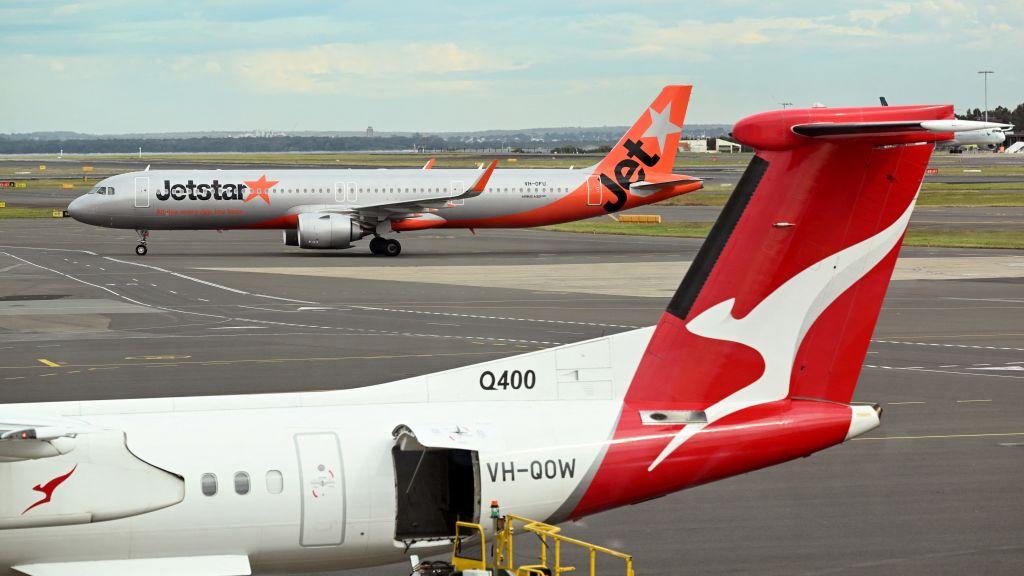Aviation experts from the University of South Australia (UniSA) will work together with their Chinese counterparts to develop a sustainable biofuel industry in both countries.
The said partnership builds on the $1.7 billion (US$1.1 billioin) federal budget allocation to prioritise renewable fuels for the aviation industry over the next decade.




